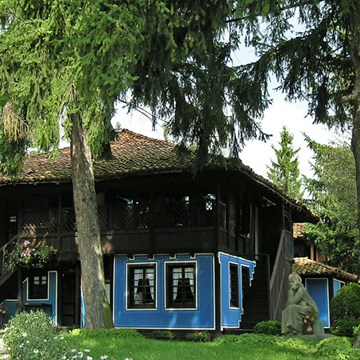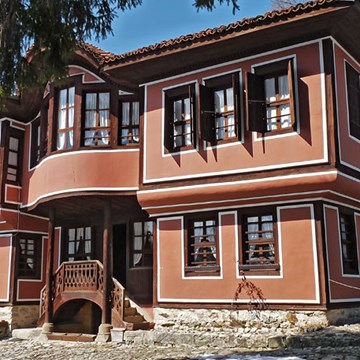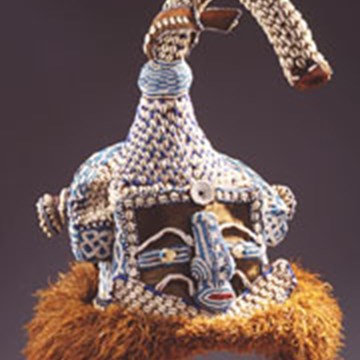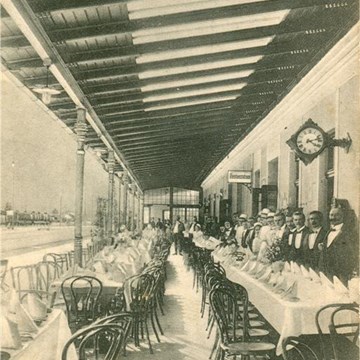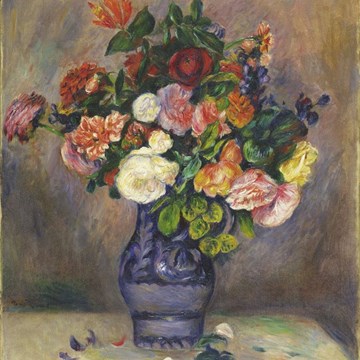Alcohol, drugs and lucky charms
Napoleon’s troops took hashish in Egypt. Soldiers of the Crimean War became addicted to opiates. And in the First World War the British army re-introduced the rum ration.
Throughout the 20th century, European and American fighting troops also smoked heavily and sometimes used more benign ways of coping with wartime stress, such as carrying cards, lucky charms and amulets.
Dr Fiona Reid, Associate Head of Humanities at the University of South Wales, asks whether these types of coping mechanisms are useful for helping men deal with the demands of conflict. At what point does self-medication become destructive? And what role should the army play in monitoring and controlling substance abuse?
Admission
Free
Website
https://tickets.nam.ac.uk/performances.php?eventId=413:61
Exhibitions and events from this museum
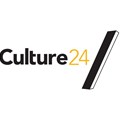
The World's Army – Empire, Commonwealth and Dominion Soldiers
Explore the lives of people from around the world involved in the First and...

Victorian Soldier Action Zone
Are you a drummer boy, an infantryman or a cavalry officer? Find out in the...

Korea 1950 – 53: The Cold War's Hot War
Examine the role of the British Army during the first and only UN war to date....

The Making of Britain Display
Investigate the Army's role in creating and defending the nation state of Great...
Activities from this museum
We don't have anything to show you here.


